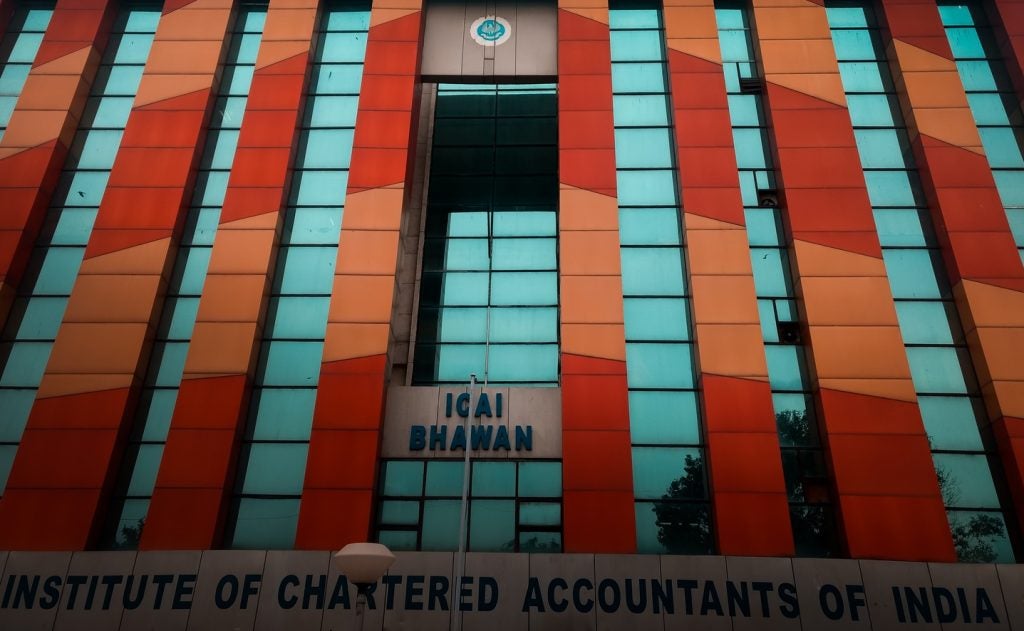The signing of a multilateral competent authority agreement enabling automatic tax exchange by 51 jurisdictions worldwide has been heralded by observers as a step towards international tax transparency.
Signed last week, the multilateral agreement marked the first ever of its kind and detailed both the nature and timing of the information exchanges. With 39 attending, the signing ceremony constituted the largest ever gathering of ministers aimed at joint action on tax evasion, according to the OECD.
The agreement is based on Article 6 of the Convention on Mutual Administrative Assistance in Tax Matters, drafted jointly by the Council of Europe and the OECD in 1988 and described by the Conventions as "the most comprehensive multilateral instrument available for all forms of tax cooperation to tackle tax evasion and avoidance, a top priority for all countries."
The Convention was last amended in 2010 to reflect the G20’s April 2009 London resolution to both open it to all countries, including developing ones, and align it with existing international standards on the exchange of information on request.
The signing of the multilateral competent authority agreement, allowing early adopters to begin sharing data by September 2017, was welcomed by observers across the industry.
The International Chamber of Commerce (ICC) said it welcomed the agreement and described the development as "an important milestone for the international tax reform agenda."
How well do you really know your competitors?
Access the most comprehensive Company Profiles on the market, powered by GlobalData. Save hours of research. Gain competitive edge.

Thank you!
Your download email will arrive shortly
Not ready to buy yet? Download a free sample
We are confident about the unique quality of our Company Profiles. However, we want you to make the most beneficial decision for your business, so we offer a free sample that you can download by submitting the below form
By GlobalDataICC Commission chairman and global head of tax at engineering giant Siemens said: "The fact that 51 countries are able to agree on and conclude to these principles proves that international alignment in tax-related matters is not impossible.
"From the perspective of the business community, international consistency is an important prerequisite to avoid double taxation – a phenomenon still widely unresolved and a major obstacle to cross-border business," he added.
KPMG UK financial services tax partner Tom Aston praised the development as a "groundbreaking agreement" and "another step towards global transparency in tax affairs."
However, he warned, short timeframes would leave countries facing significant implementation struggles. "Now that the Multilateral Competent Authority Agreement has been signed, there will be a race against the clock for both governments and financial institutions to meet the ambitious timelines," he explained.
For governments, this is likely to mean enacting legislation and regulation, while for financial institutions the primary challenge lies in "working hard to get customer due-diligence procedures in place by 1 January 2016," added Aston.
Others expressed similar caution. Having campaigned for automatic tax information exchange "for years", the Tax Justice Network, praised the development, but cautioned that the absence of notable signatories, including the US, meant there was still a lot of work to be done.
"It [the United States] says that it’s got its own system – the Foreign Account Tax Compliance Act (FATCA) – which it claims is equivalent. But this is a big problem, notwithstanding the problems with having two different systems out there up and running," the TJN said in a blog post.
"The United States is keen to get other countries to provide it with information, but not quite so keen on sharing information (though it does share some)," it added, "Tax haven USA is alive and well." It also mentioned Bahrain, Cook Islands, Nauru, Panama, and Vanuatu among a number of jurisdictions that have yet to outline a timeframe for signing up to the agreement.






